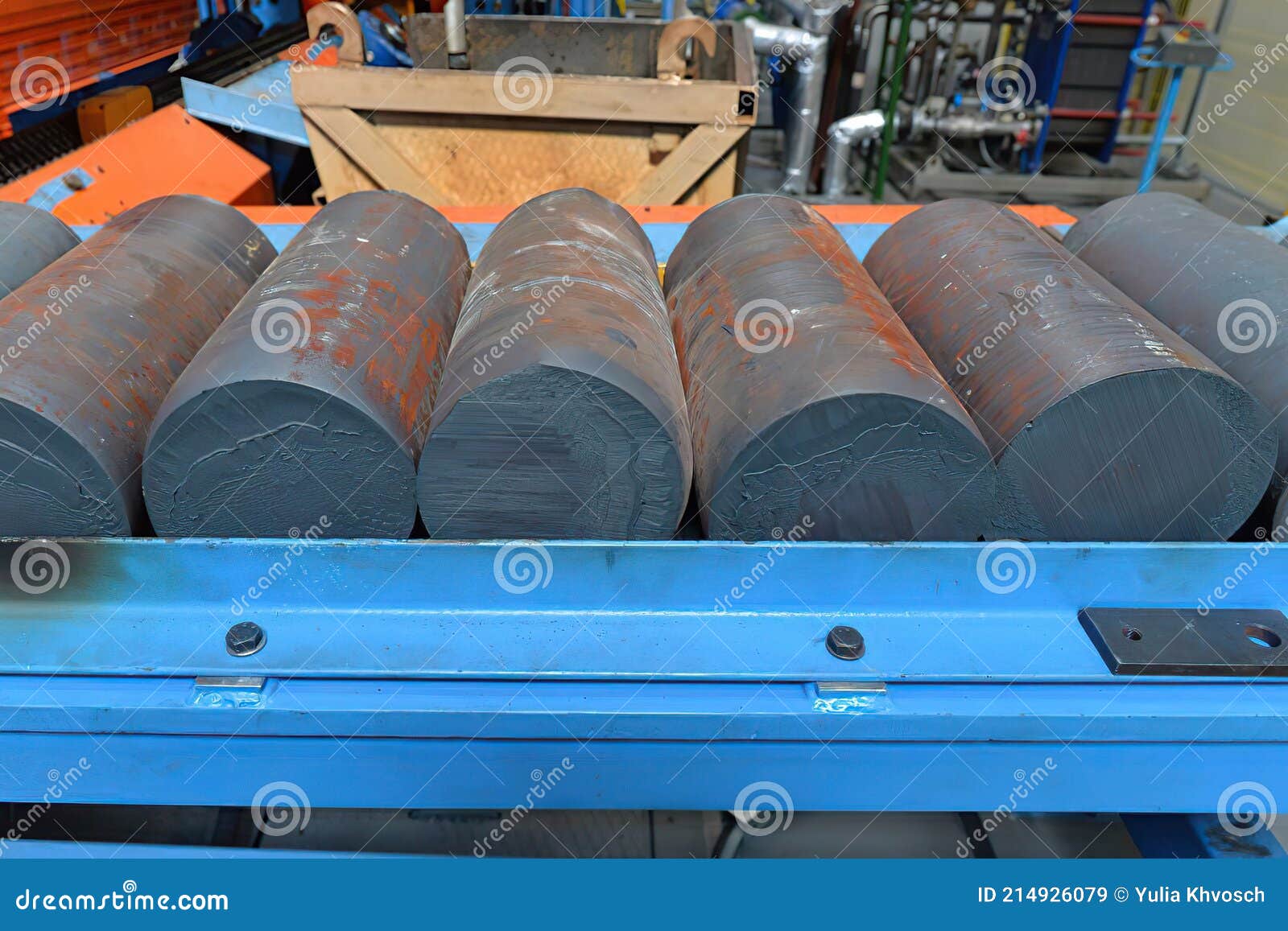Understanding Bearings The Heart of Machinery
Understanding Bearings The Heart of Machinery
Blog Article

A well-functioning bearing is crucial for the longevity and efficiency of machinery, yet many people remain unaware of the importance of selecting the right type. For example, consider the automotive industry, where the wrong bearing can lead to catastrophic failure, affecting both performance and safety. The precision and quality of bearings directly impact how smoothly machines operate, influencing everything from energy consumption to overall mechanical performance.
Understanding Bearings: The Heart of Machinery
Bearing technology has advanced significantly, with various types designed to meet specific operational needs. Roller bearings, for example, are excellent for high-load applications, while ball bearings are more suited for high-speed operations. The materials used in these bearings, such as steel or ceramic, also play a vital role in determining their durability and effectiveness. This is where companies like https://www.aubearing.com/ come into play, offering a diverse range of high-quality bearings tailored to numerous industrial applications.
[IMAGE]
Types of Bearings and Their Applications
Different industries rely on specific bearing types to achieve optimal performance. For instance, in the aerospace sector, lightweight ceramic bearings are preferred due to their high strength-to-weight ratio and ability to withstand extreme temperatures. Conversely, in the construction industry, heavy-duty roller bearings are required to handle the substantial loads and stresses involved in machinery like cranes and excavators.
Furthermore, electric motors utilize sleeve bearings to reduce friction and enhance efficiency. These bearings can be found in countless everyday devices, from household appliances to industrial machines. Understanding the requirements of your particular application can guide you in selecting the right bearing type, ultimately leading to improved performance and reduced maintenance costs.
Factors to Consider When Choosing a Bearing
Several factors should influence your choice of bearings, including load capacity, speed, lubrication, and environmental conditions. For example, if a bearing will operate in a corrosive environment, materials resistant to rust and wear are essential. Additionally, the load and speed ratings will determine if a bearing can withstand the operational demands placed upon it without failing.
Another critical aspect is lubrication. Proper lubrication reduces friction and wear, extending the life of the bearing. Some bearings are designed to be self-lubricating, while others require regular maintenance to ensure optimal performance. Understanding these factors can help prevent premature failures and costly downtimes.
Choosing the Right Supplier
When sourcing bearings, it's essential to partner with a reputable supplier. Companies like https://www.aubearing.com/ provide not only a wide selection of bearings but also technical support to help you make informed decisions. A knowledgeable supplier can guide you through the complexities of bearing selection, offering insights based on your specific application and industry requirements.
Additionally, a good supplier will offer products that meet international quality standards, ensuring that you receive reliable and durable bearings. Look for certifications such as ISO 9001, which signifies a commitment to quality management principles.
Conclusion: The Importance of Quality Bearings
The choice of bearings should never be taken lightly, as they play a pivotal role in the performance and reliability of machinery. By understanding the different types of bearings and the factors that influence their selection, you can enhance operational efficiency and reduce costs in the long run. Partnering with a trusted supplier like https://www.aubearing.com/ ensures that you have access to high-quality products and expert support, paving the way for successful machinery performance.
Report this page